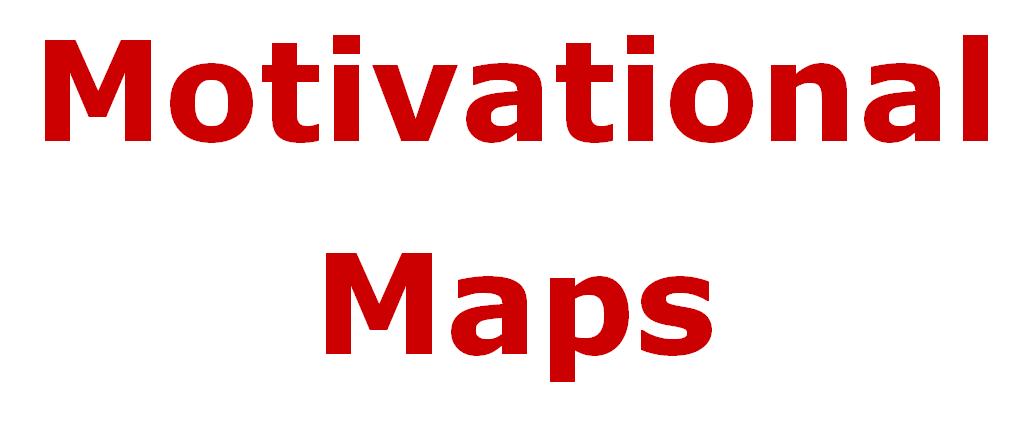I was recently in Poland, taking a financial
IT consultancy’s high potential group through the hoops of Realising Ambition’s
action-learning Leadership Academy programme when the concept of Agile software
development came up. I have always been intrigued to understand more
about what Agile, Scrum, Sprinting etc all meant in practice - seemed liked new
concepts introduced since my COBOL programming days back at a time I don’t wish
to mention.
Without going off on too much of a tangent
here, what was particularly interesting was the concept of the weekly, or
sometimes daily, 15 minute stand up meeting around which a lot of this process
revolves. The idea is that each team member says what they have achieved
since the last meeting (preferably compared to what they said they would
achieve at the last meeting), what they intend to achieve in the next period,
how they will achieve those outputs and what may get in the way of doing that.
It is left to one-to-one conversations afterwards to work through how to
remove any obstacles. The team we were training loved these meetings,
suffered badly when they did not happen and immediately saw how this fitted
with the Realising Ambition training philosophy of accountability and results
orientation.
So what you may be asking? The "so what" for me is that it is a process that we used at the telecoms consultancy I led on a
weekly basis on operations management and sales pipeline review calls
amongst our partner group. We had realised quite early on that there was
some value in focusing on what had happened and making us all feel bad about
missed targets or good about beating others but we all pretty much knew that
without needing a call on the subject with our peers. We focused much
more on forecasting what we thought we could achieve and identifying where each
of us could help others push forward to turn those forecasts into reality.
We called it the "Last Week, This Week, Next Week" routine and
we provided lots of underpinning metrics to help the discussions along.
Whenever issues cropped up we knew we had a rapid and flexible way of
solving them or finding new opportunities and ways of succeeding.
I didn’t know this was called Agile, but just
before the Poland training trip I had started to introduce this concept into
my coaching sessions with a couple of key clients. Their issues were
around how to prioritise competing demands on their time, ensure strategic
initiatives got delivered and they found time to simultaneously deliver client
work and develop new business. Once my clients had identified their 6
months objectives, translated those back into 3 month targets it was a small
step to realise that the way to embed them in the day-to-day bustle of client
calls, emails and general mayhem was to keep the "Last Week, This Week,
Next Week” structure in mind and for my clients to hold themselves accountable
each week for assessing how well they were doing.
Not only did they end up dropping some work
that turned out not to fit with their objectives, delegate other
responsibilities (upward and downward), bring in staff to take workload off
them but they also increased their attention on areas of high impact but
previously ignored areas, e.g., getting out and networking, recognising they
were in control of deliverables and no-one else was creating obstacles.
Greater self-awareness married to a firmer accountability structure led
to clarity and a much stronger completer-finisher mentality. Ultimately,
that breeds confidence which in turn breeds the ability to achieve outstanding
results where before excuses stood in the way.
What it also allowed was easy identification
of successes and reasons to celebrate. Fun and satisfaction leads to increased
productivity and effectiveness too.
Not everyone responds well to the weekly
drum-beat described above, but please look at ways such a structure could be
applied to your own situation. So many performance issues and perceptions
of drifting boil down to time management and prioritisation challenges - what
framework could you use to break down any barriers to personal effectiveness?
If it is not this, what is your alternative planning philosophy? How
do you avoid never quite fully reaching the targets you have set yourself and
your team? How do you ensure that strategy actually gets implemented as
planned and not 6 months later if at all? What common language do you use
to ensure effective cross-team collaboration?
I came to rely on this discipline in my
multi-faceted pluralist existence - even got to the point of pretending my wife
was my boss and sending her reports on how well I was doing. No comments
on the boss thing please but it was clear she never read or had any interest in
these reports but at least it got me into the routine and my professional life
was transformed as a result. I don’t do it religiously now, but it was
the tool that enabled a transformation in my working style and portfolio management
processes - it is now there in the subconscious supporting me give all my
various clients and companies the quality of service they deserve. I
hope!


